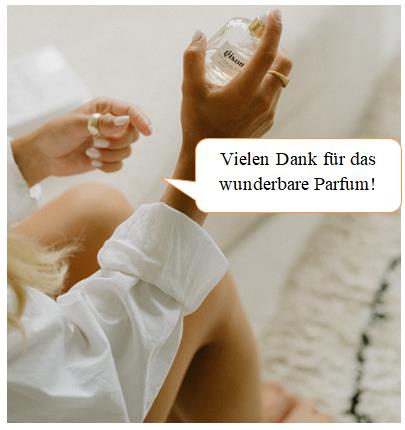In this lesson, you will learn all about the German weak declension of adjectives, that is, about the declension that changes in this way when the adjective is first preceded by a definite article.
Thank you for reading this post, don't forget to subscribe!SADRŽAJ
Adjective Declension after der, die, das, dieser
Adjectives describing the subject of the sentence (nominative)
Adjectives describing the direct object of a sentence (accusative)
Adjectives describing the indirect object (dative)
Adjective Declension after der, die,das, dieser
The weak declension is typically used after the definite article and all determiners which decline like dieser. There are only two endings, -e, used in the nominative singular and the accusative singular feminine and neuter and -en, used everywhere else:
| masculine | feminine | neuter | plural | |
| nom. acc. gen. dat. | der gute Mann den guten Mann des guten Mannes dem guten Mann | die gute Frau die gute Frau der guten Frau der guten Frau | das gute Kind das gute Kind des guten Kindes dem guten Kind | die guten Menschen die guten Menschen der guten Menschen den guten Menschen |
Adjectives describing the subject of the sentence (nominative)
The adjective endings after definite article + nominative (subject) are as follows:
masculine: -e
feminine: -e
neuter: -e
plural: -en
For examle:
Der/ dieser junge Mann ist mein Verlobter. This young man is my fioncee.
Die / diese schöne Frau ist meine Verlobte. This beuatiful woman ist my fioncee.
Das/ dieses kleine Kind ist mein Sohn. This small child is my son.
Die/ diese jungen Leute sind meine Komilitonen. These young people are my costudents.
Click on:
Grammar Contents
Der Mann/die Frau, etc. is the subject of the sentence and is therefore used in the nominative case. As you can see from the sentences above, the adjective describing the subject in the sentences all end in -e apart from the plural which ends in -en. So that is easy to remember.
Adjectives describing the direct object of a sentence (accusative)
The adjective endings after definite article + accusative (direct object) are as follows.
masculine: -en
feminine: -e
neuter: -e
plural: -en
For examle:
Ich sehe den jungen Mann.
Ich sehe die junge Frau.
Ich sehe das kleine Kind
Ich sehe die kleinen Kinder.
Adjectives describing the indirect object (dative)
The adjective endings after definite article + dative (indirect object) are as follows.
masculine: -en
feminine: -en
neuter: -en
plural: -en
For examle:
Ich helfe dem neuen Kollege.
Ich helfe der neuen Kollegin.
Ich helfe dem neuen Mädchen.
Ich helfe den neuen Kollegen.
The dative is really easy to remember – all adjectives end in -en.
There are other words that belong to the definite article. Even then, the adjective endings remain the same: -e or -en.
- diese → diese schöne Stadt
(this → this beautiful city) - jede → jede dritte Person
(every → every third person) - manche → manche alten Leute
(some → some old people) - solche → solche alten Filme
(such → such old movies) - welche → welche bezaubernde Frau
(which → which enchanting woman) - alle → alle italienischen Produkte
(all → all Italian products)
The Definite article also includes:
– but only when used in the plural: alle, sämtliche, beide, diese, jene, manche, solche, welche, keine, possessive pronouns
See more:

